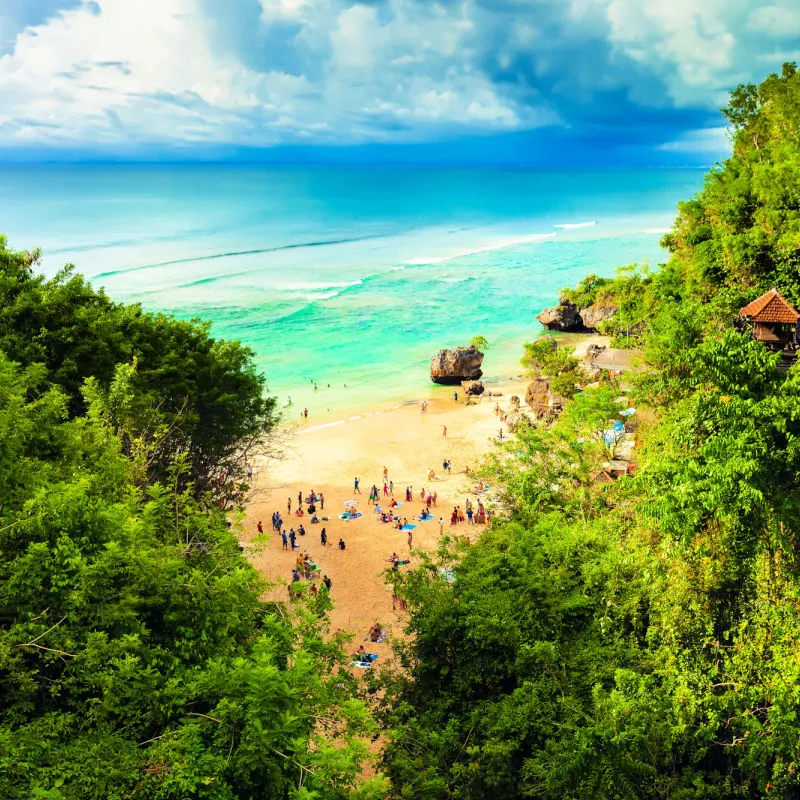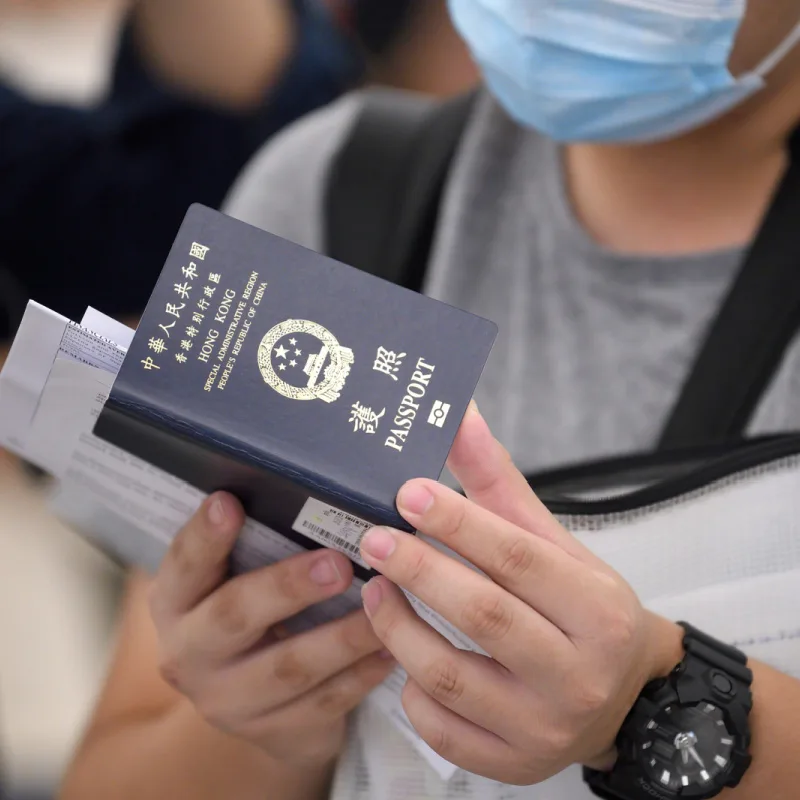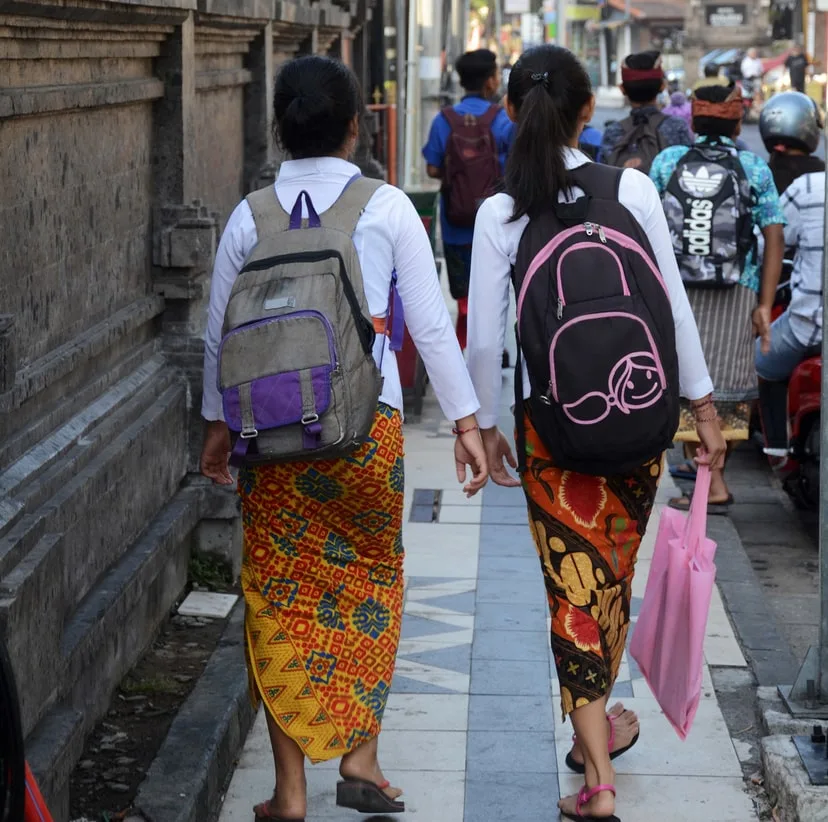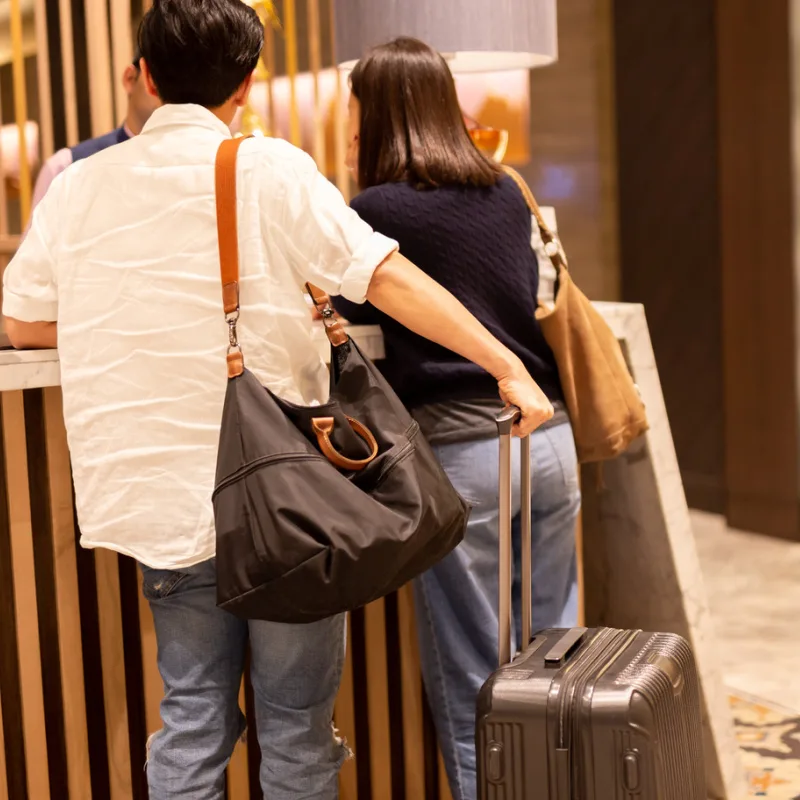Bali’s Governor Wayan Koster received an honorary visit from the Chinese Ambassador to ASEAN Countries, HE Deng Xijun. Governor Koster met with Ambassador Xijun on the afternoon of Friday 19th August, the meeting was a resounding success; the pair discussed the future of tourism, education, and the upcoming G20 Summit that is being held in Bali in November.

Governor Koster opened the meeting with his thanks to Ambassador Xijun, and dived straight into business. He explained in detail the reopening of Bali for tourism and the ongoing handling of the Covid-9 pandemic. With much delight, he confirmed to Ambassador Xijun that Bali is safe for international tourists.
Governor Koster explained ‘We will wait for the return of tourists from China, which before the pandemic was one of the countries from which most tourists came to Bali. I beg the Honorable Ambassador to encourage the Chinese government to allow their citizens to Bali’.

In pre-pandemic years, Bali welcomed up to 1.2 million tourists from China every year. Governor Koster went on to say ‘If this can be realized, it will certainly have a big impact on the recovery of tourism and the Balinese economy’. While tourists from Australia, Singapore, and the UK have been the most frequent visitors to Bali in the post-lockdown holiday season, tourism from China is yet to bounce back.
Although Australian tourists have been the focus of the Bali tourism sector for decades, there has been an increasing effort to encourage tourism from China to Bali. This is largely due to economic reasons and to help diversify the tourism sector. There is also a political element to the encouragement, where Indonesia is striving to strengthen political ties with China; one way to do this is through the development of tourism.

True to form, Governor Koster was quick to promote the developments underway for the improvement of infrastructure across Bali and sustainable development across the board. He explained to Ambassador Xijun how the provincial and central government is striving to project nature while working to create sustainable, harmonious development to survive in the new global economy.
He said ‘We are also aggressively building infrastructure, connecting economic centers, encouraging energy independence through clean energy from upstream to downstream to the use of battery-based electric vehicles’.

Bali’s leader bought his side of the discussion to a close by sharing his hopes for the future of the Bali-China relationship. He was excited about the development of two world-class university campuses in Bali, one of which is being developed by the Chinese Tsinghua University.
The main campus of Tsinghua University is in Beijing and is ranked 17th on the QS World University Rankings 2022. The second campus is an outreach of the Massachusetts Institute of Technology (MIT). Governor Koster said ‘So I am sure that more and more of Bali’s best sons and daughters will enter there’.

Ambassador Xijun shared his praise and compliments with Governor Koster and passed on congratulations from Chinese President Xi Jinping over Bali’s handling of the pandemic.
He said ‘I believe that with time and recovery, Chinese tourists will come back to Bali…I also congratulate you on the post-pandemic handling and recovery, which I consider extraordinary so that now conditions are conducive [for the return of Chinese tourists]’. Which is a significant step forward for international relations and the economic recovery of Bali’s tourism sector.

Ambassador Xijun echoed Governor Koster’s enthusiasm for cross-cultural partnerships, especially for developing education and student experiences.
He said ‘Both parties have agreed to build a more comprehensive partnership. I also agree with the transformation of Bali’s economy so that it does not always depend on tourism which can stop at any time due to disasters…The results are very encouraging, I am very grateful for the attention of the Balinese people to these cross-cultural students. Hopefully, our relationship will strengthen even more’.

The meeting ended with Governor Koster gifting Ambassador Xijun a bottle of traditional Balinese arak (liquor) and Balinese coffee as a gesture of goodwill and promotion of Bali’s local products.
Remove All Ads & Unlock All Articles… Sign up for The Bali Sun Premium

Plan Your Bali Holiday:
Book The Best English Speaking Drivers For Airport Transfers & Tours
Choose From Thousands of Bali Hotels, Resorts, and Hostels with Free Cancellation On Most Properties
Book Cheap Flights To Bali
Don’t Forget Travel Insurance That Covers Medical Expenses In Bali
For the latest Bali News & Debate Join our Facebook Community
SUBSCRIBE TO NEW POSTS
Enter your email address to subscribe to The Bali Sun’s latest breaking news, straight to your inbox.

Steven
Wednesday 24th of August 2022
The problem with Chinese tourists is they only use Chinese tour companies, staying in Chinese owned Hotels, eating in Chinese owned restaurants and travelling around in Chinese owned transport. Their tourists dollars go straight back to China and the locals don't really benefit at all from tourism from China.
Exp
Tuesday 23rd of August 2022
Sounds a bit desperate as I though Bali was against 'zero dollar tourism' -- or have they managed to find a way to counteract this business model?
https://www.smh.com.au/world/asia/china-s-tourism-boom-prompts-fears-that-bali-is-being-sold-cheap-20180813-p4zx5m.html
At least we can be guaranteed that soon the overcrowding will be back at all the usual hot spots in Bali. So much for 'sustainable' tourism and a more diverse Bali economy proclaimed back in 2020-2021.
Wayan Bo
Tuesday 23rd of August 2022
Could become a new Hainan.